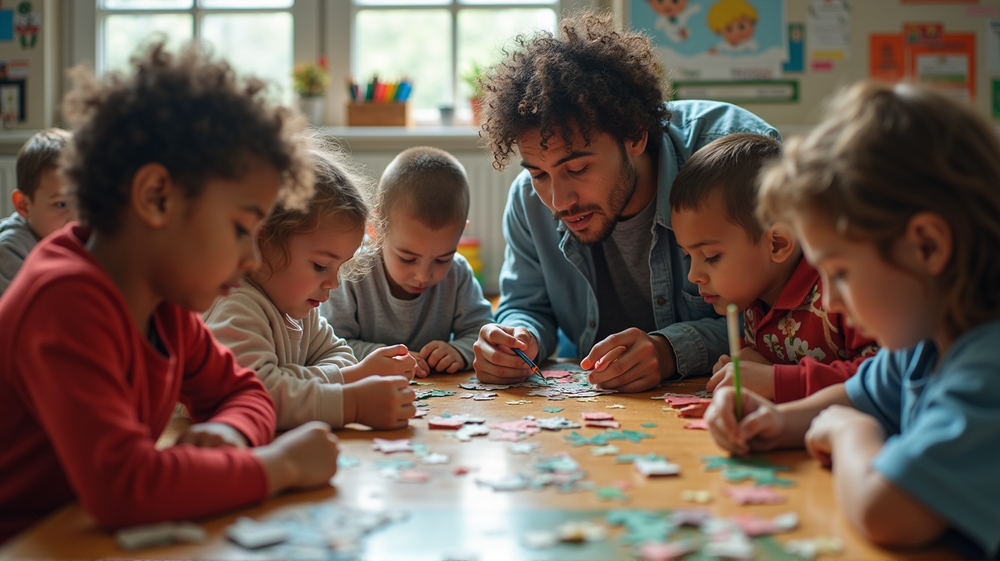Fostering a supportive and nurturing school environment is essential for the safe development of children. Recently released guidance crafted with input from headteachers, teaching unions, local government, and educational psychologists in Scotland emphasizes the importance of cultivating positive relationships. This guidance is part of a comprehensive strategy to ensure better behavioral outcomes across schools.
Collaboration at Its Core
The guidance acknowledges that building a supportive environment requires collaboration from everyone: school staff, students, and parents. This unified approach not only caters to individual needs but also reinforces positive behavior, setting the groundwork where children feel safe and respected.
Diverse Strategies for Diverse Needs
The new strategies provided range from classroom management to tailored support measures. It advocates exclusion only as a last resort, underscoring the importance of using supportive and proportionate responses. By doing so, schools aim to proactively manage behaviors and create a consistent environment conducive to learning and thriving.
Expanding the School-Home Partnership
Education Secretary Jenny Gilruth emphasizes that a strong partnership between home and school is pivotal. “Responding to behavior in our schools requires all members of the school community to work together. We want to create a consistent, supportive environment,” she stated during her visit to St Brendan’s Primary School in Motherwell. As noted by Wired Gov, such collaborations lead to nurturing environments where children can flourish.
Leadership Insights
At St Brendan’s Primary School, Maura Oates, the headteacher, echoes the sentiments of the guidance. “We work tirelessly to meet the care and wellbeing needs of our students. Our shared values, developed with input from the entire school community, guide us to very high standards.” St Brendan’s commitment to Gospel values and UNCRC is a model for schools striving to integrate shared community values.
Towards a Positive Future
The Scottish Advisory Group on Relationships and Behaviour in Schools (SAGRABIS), in a joint initiative with COSLA, is steering these efforts. The vision is to build school communities where positive relationships not only mitigate behavioral challenges but also enhance educational outcomes.
This guidance is a crucial step in the ongoing mission to ensure every school in Scotland remains a beacon of positive development and learning excellence.













